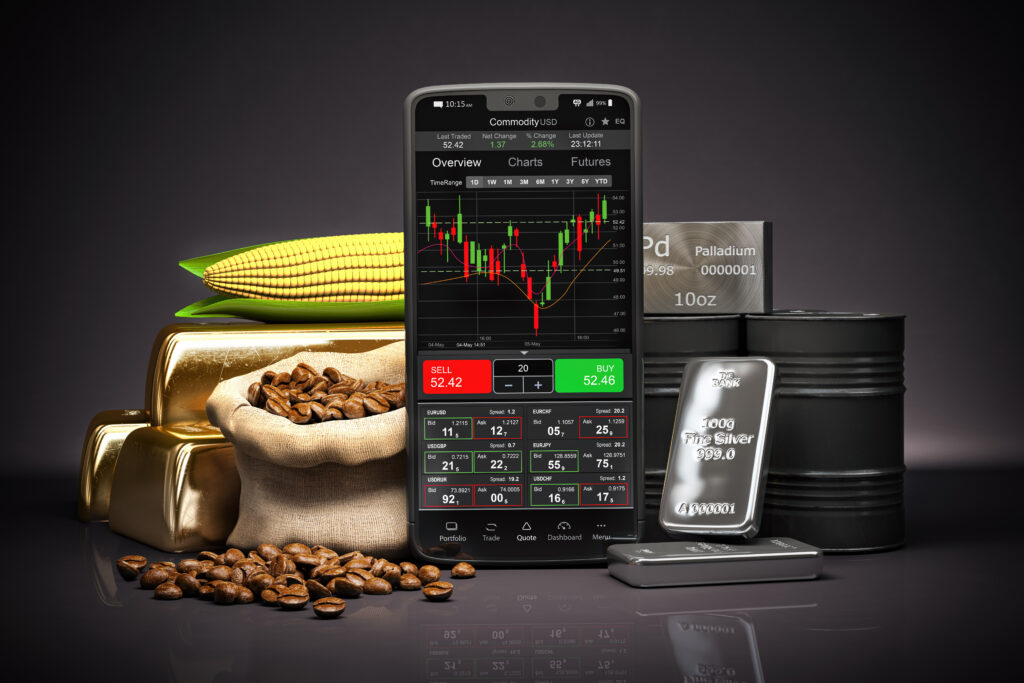International Trade Policies and Their Forex Market Consequences
Introduction
Understanding International Trade Policies
To comprehend the relationship between international trade policies and the Forex market, we must first understand the key elements of these policies. International trade policies encompass a wide range of measures and regulations that governments put in place to manage their international trade relationships. These policies include tariffs, import and export quotas, subsidies, trade agreements, and more.
The Role of Major Trading Nations
The US Dollar (USD)
The US dollar, denoted as USD, holds a unique and central position in the world’s financial markets as the primary reserve currency. Consequently, it is particularly sensitive to changes in international trade policies. Any substantial shifts in trade dynamics involving the United States can lead to significant movements in the dollar’s value.
- Protectionist Stance: When the US government adopts a more protectionist stance, imposing tariffs and trade restrictions, it can impact the dollar’s value. Protectionist policies may lead to dollar appreciation. As the United States restricts imports and seeks to bolster domestic industries, foreign goods become more expensive, increasing the demand for the dollar. Investors and traders often turn to the US dollar as a safe-haven asset during times of economic uncertainty.
- Trade Agreements: Conversely, trade agreements that promote open and free trade can have the opposite effect on the dollar. Such agreements reduce trade barriers, enhance economic cooperation, and increase the flow of goods and services. This can lead to a weaker dollar, as foreign currencies become more attractive for international trade, and the demand for the US dollar diminishes.
The Euro (EUR)
The euro, represented as EUR, is the official currency of 19 out of the 27 European Union member states, making it a significant player in international trade. The euro’s value is closely linked to international trade policies, and understanding this connection is essential:
- Trade Agreements within the EU: Trade agreements within the European Union promote economic cooperation and reduce trade barriers among member states. These agreements enhance confidence in the euro as a stable and reliable currency. As trade flows more freely within the EU, it reduces uncertainty, making the euro more attractive for international transactions.
- Trade Tensions with Major Partners: On the flip side, trade tensions with major trading partners can lead to euro depreciation. When the EU faces disputes or trade restrictions with key partners, such as the United States or China, it creates uncertainty in the Eurozone’s economic environment. This uncertainty can erode confidence in the euro and result in a weaker exchange rate.
The Chinese Yuan (CNY)
China’s currency, officially known as the yuan or renminbi (CNY/RMB), is intricately tied to the country’s trade policies due to China’s status as a major global exporter. Understanding how international trade policies affect the yuan is vital:
- Tariffs and Trade Relationships: China’s trade relationships with other nations, especially the United States, have a profound impact on the yuan’s value. Tariffs imposed on Chinese goods by the US, for example, have led to significant repercussions on the yuan’s exchange rate. As tariffs increase the cost of Chinese exports, demand for the yuan may decrease, causing depreciation.
- Exchange Rate Policy: China’s government also plays a role in influencing the yuan’s exchange rate through its exchange rate policy. In the past, China has been accused of manipulating its currency to maintain a competitive edge in international trade. Any shifts in China’s exchange rate policy can have significant implications for the yuan’s value in the Forex market.
In conclusion, the currencies of major trading nations, including the US dollar, euro, and Chinese yuan, are closely intertwined with international trade policies. Understanding the dynamics between these policies and currency values is crucial for traders, investors, and policymakers, as they navigate the ever-changing landscape of global trade and finance. The phrase “International Trade Policies” remains central in deciphering these complex interactions in the world of Forex trading.
Conclusion
In conclusion, “International Trade Policies” are not mere buzzwords in the world of finance; they are the fundamental underpinnings of Forex market dynamics. These policies, which encompass tariffs, trade wars, trade agreements, and economic sanctions, exert an immense influence on the value of currencies in the global Forex market. Major trading nations, such as the United States, the Eurozone, and China, are the primary architects of these policy changes, and their currencies stand at the forefront of the impact.
The critical interplay between international trade policies and currency exchange rates underscores the need for constant vigilance among traders and investors. To navigate the ever-changing landscape of currency exchange effectively, staying informed about these policies and their potential consequences is paramount. Here’s why:
1. Informed Decision-Making: Traders and investors rely on accurate information to make informed decisions in the Forex market. Understanding the intricate connection between “International Trade Policies” and currency values allows market participants to anticipate and respond to market movements effectively.
2. Risk Mitigation: Forex trading involves inherent risks, and international trade policies can introduce sudden and significant volatility. By staying attuned to policy developments, traders can better manage and mitigate these risks, protecting their investments from unexpected market turbulence.
3. Profit Opportunities: As international trade policies evolve, new opportunities for profit arise. By identifying emerging trends and market reactions to policy changes, traders can position themselves to capitalize on currency fluctuations, enhancing their trading strategies and profitability.
4. Currency Diversification: For long-term investors, understanding how trade policies affect currencies is crucial for diversifying their portfolios. Recognizing when to allocate assets to currencies of countries with favorable trade policies can contribute to portfolio stability and growth.
As the global economy continues to evolve, the impact of “International Trade Policies” on Forex markets will remain a topic of paramount importance. The Forex market is not static; it is a dynamic arena shaped by the ever-shifting tides of international trade. Therefore, staying attuned to the nuances of these policies is not just a prudent approach but an essential one for those engaged in the world of currency exchange.
In essence, “International Trade Policies” are the levers that governments and nations use to navigate the complex currents of global trade. For traders and investors, they represent both challenges and opportunities, making it imperative to grasp their implications fully. By doing so, individuals can harness the power of knowledge to thrive in the intricate world of Forex trading and make strategic decisions that lead to financial success.
Read our latest article on Gig Economy

